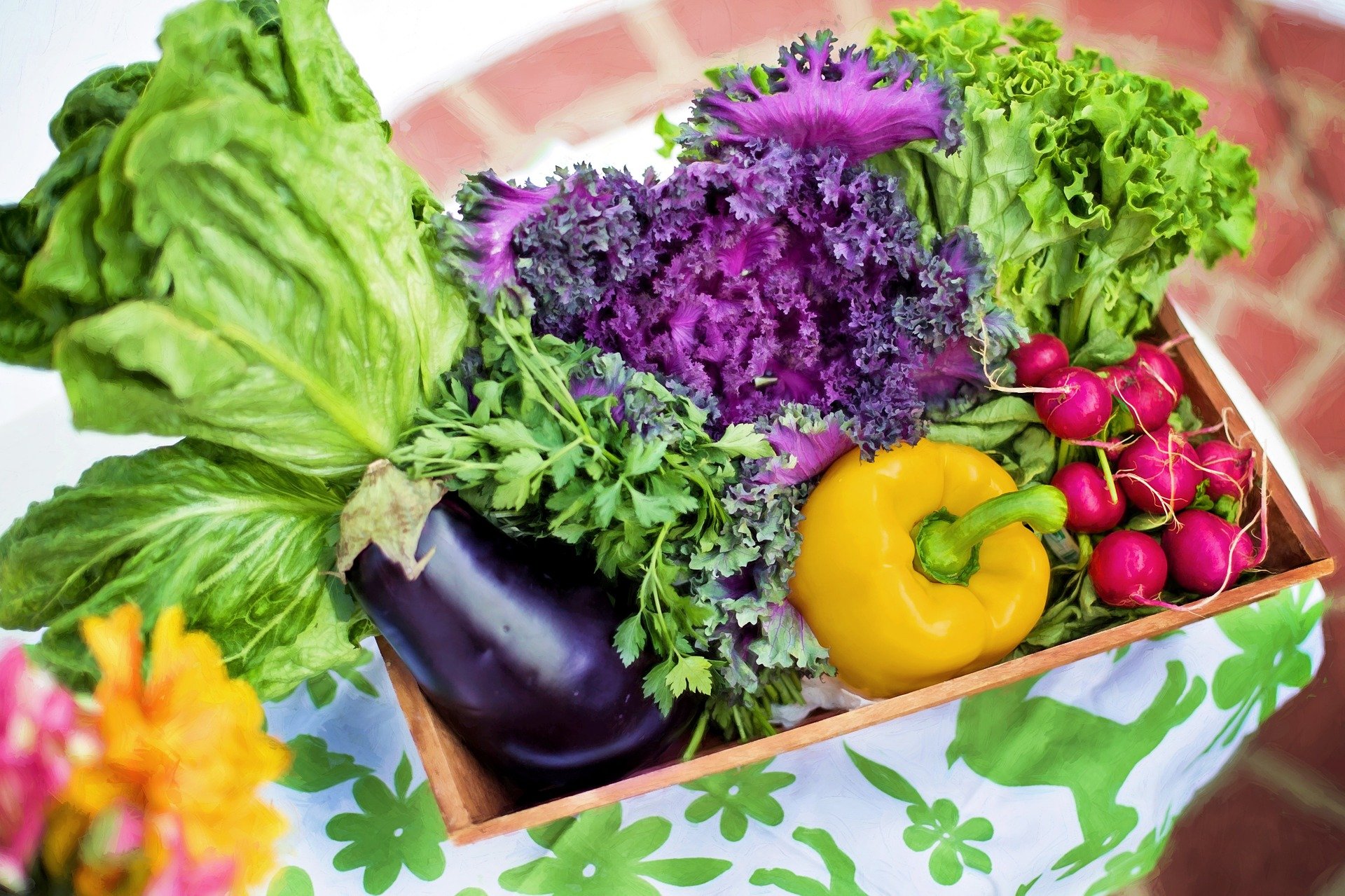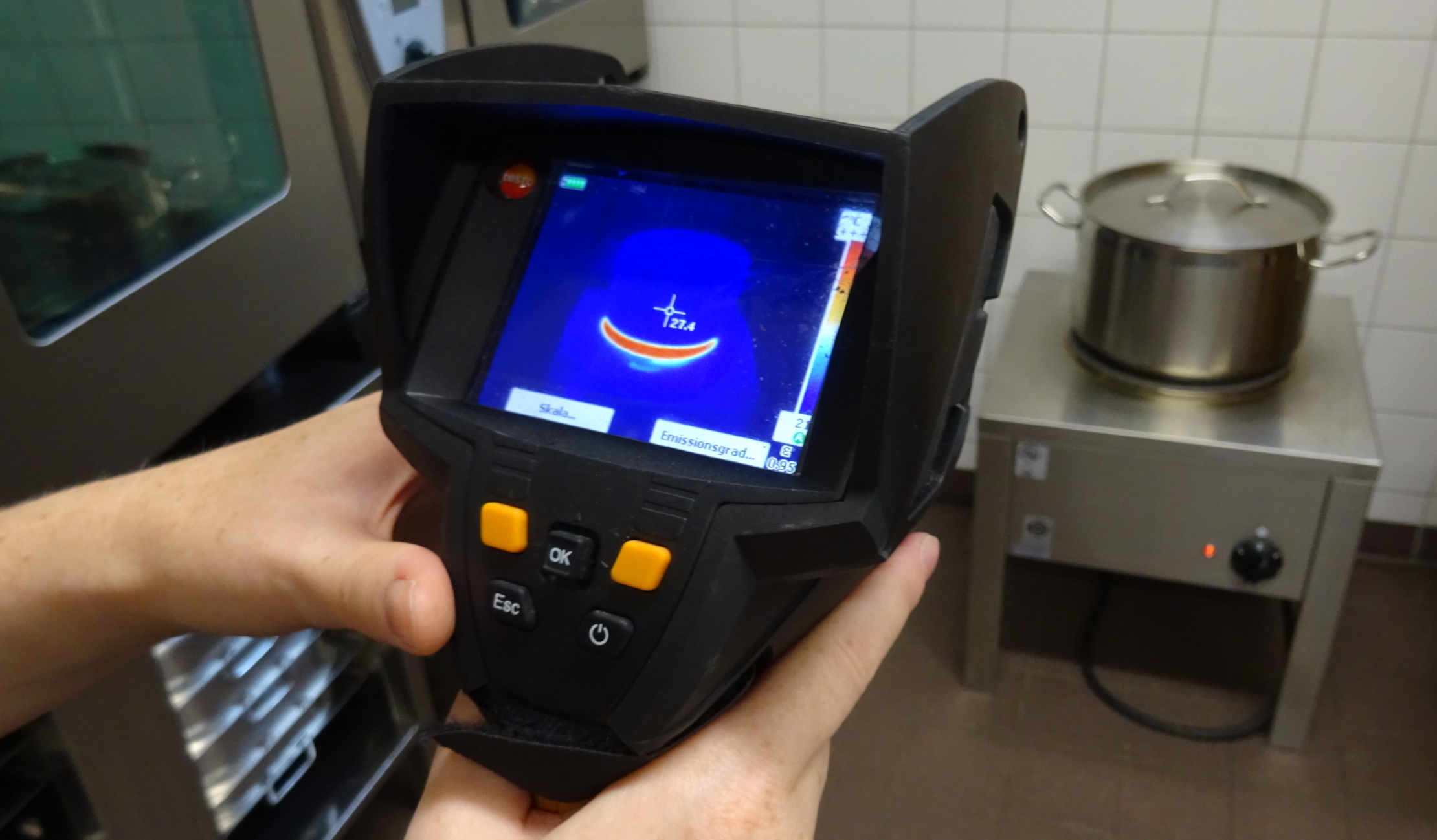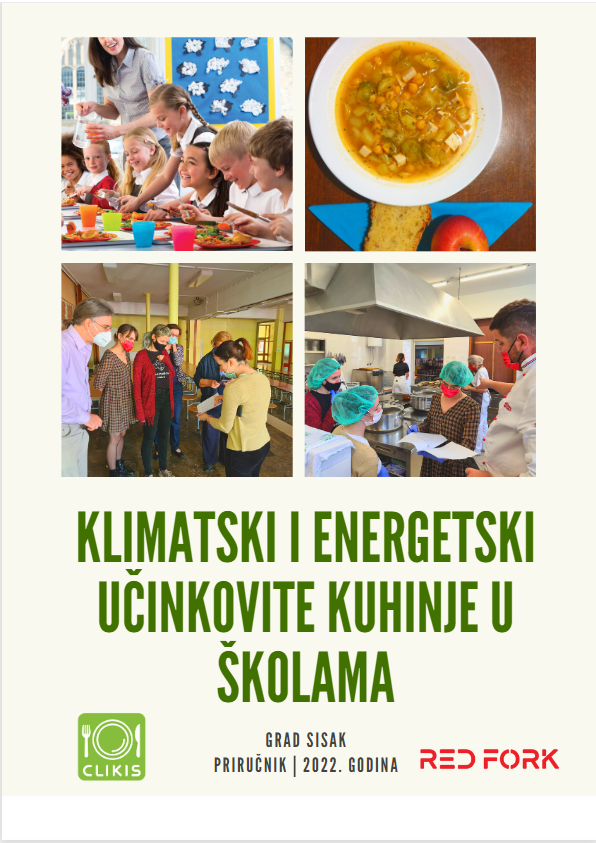CLIKIS Network
This project is completed. The aim of this project was to make school catering in Croatia and Estonia more climate efficient.
Awareness Climate Policy Education Food Systems

Project info
Croatia, Estonia
09/20 - 12/22
Educational institutions
262,764.70 €
Contact info
Malte Schmidthals
- Estonian Green Movement - Friends of the Earth Estonia
- RED FORK j.d.o.o. for research and development in biotechnology
Background
Food production is responsible for a significant share of greenhouse gas emissions. This becomes evident with a look at school catering figures in the target countries: Estonian schools hand out approximately 36 million meals annually, accounting for 43,000 tonnes of CO2. With a considerably bigger population, Croatian schools hand out around 125 million meals per year, with a respective output of 150,000 tonnes of CO2. Due to the large amount of food that is distributed in schools, school catering constitutes a central starting point for the reduction of food production-related emissions. Predecessor projects in Germany and Poland show that measures such as choosing climate-friendly ingredients, deploying and investing in energy-efficient technology, and reducing food waste make for a 40 per cent reduction of emissions.
Project
The project provided school kitchen managers, school directors, and municipal representatives in Croatia and Estonia with the necessary know-how to make catering more sustainable. To do so, it analysed school kitchens’ current climate efficiency and offered consultations for improvement. Furthermore, it supported the individual schools with practical measures such as the development of regionally appropriate clime-friendly dishes and respective training for kitchen chefs. Importantly, the project also constituted an organisational framework for all issues concerning school catering’s climate friendliness, allowing for efficient communication among stakeholders. The project organised four regional workshops, where participants shared expertise and best practice on the use of sustainable ingredients and the exchanging of outdated equipment. To ensure further dissemination of the acquired knowledge, the project organised conferences both on national and European levels. The project thus contributed to the further inclusion of food production issues into national and European climate protection strategies.

Results
- A total of 120 people representing 109 organisations and institutions participated in the CLIKIS network. The importance of nutrition for climate protection and the important role that school meals play in this could be put on the agenda in Estonia and Croatia. Food networks were founded in both countries, which continue to work on climate protection and maintain contact with the European level.
- A total of 21 school kitchens were analysed and advised in the project from a climate perspective regarding to food ingredients and energy consumption.
- Thanks to the advice from the IZT, savings in waste and energy consumption were achieved in the Göttingen school kitchens. But even more important from the perspective of climate protection and sustainability, was the achieved reduction of meat dishes to only one per week. Per student and week this means a reduction of 0.74 kg CO2-Eq. This sounds little but with 5800 students and kids and 40 weeks per year the reduction sums up to 172 t CO2-Eq per year.
Last update: July 2024

